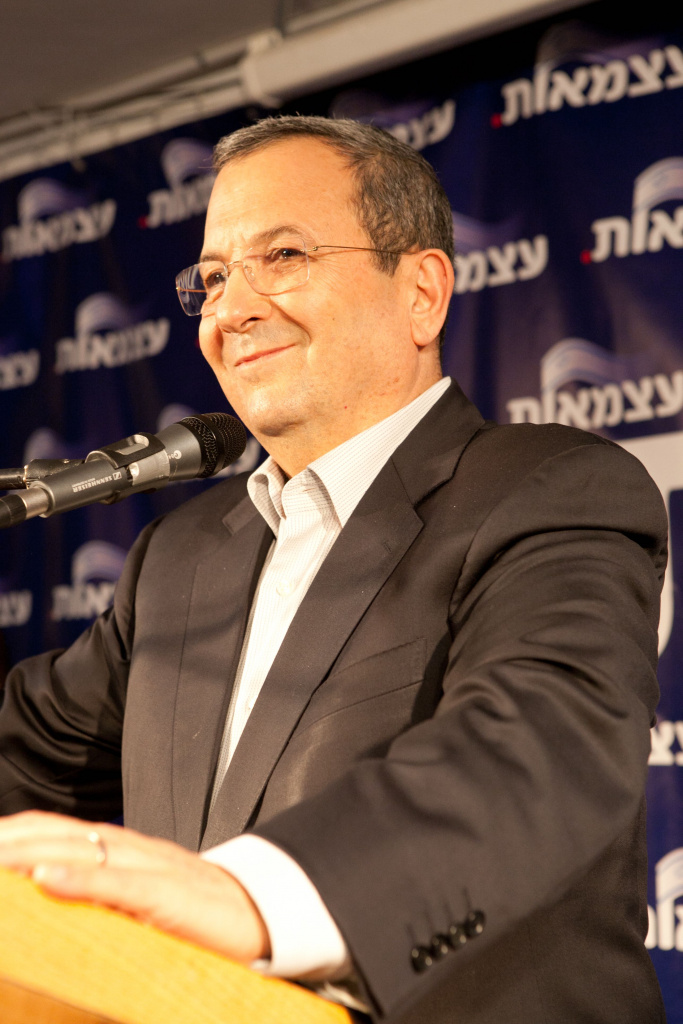Born in 1942 in the Mishmar Hasharon Kibutz. Barak enlisted in the Israel Defense Forces (IDF) in 1959 and served in the Elite Forces as a fighter, and later as a commander. In May 1972, he commanded the famous operation to rescue the passengers from a "Sabna" plane that was hijacked by the "Black September" group, and was one of the planners of Operation Entebbe.
During his military service, he completed his Bachelor's degree in physics and mathematics at the Hebrew University of Jerusalem and his Master's degree in system analysis at Stanford University. In 1991, he was appointed commander in chief of the IDF, and in early 1995 he retired from the army.
Barak won more medals that any other fighter in the IDF before him, for his courage and excellence in battle.
Barak was appointed Minister of Interior Affairs in Yitzhak Rabin's government, In 1995. After Rabin's assassination, he was appointed Foreign Minister in the government of Shimon Peres, and was elected to the 14th Knesset on behalf of the Labor Party in 1996. Following Shimon Peres' failure in the elections, Barak won the Labor Party leadership.
Barak and his "One Israel" list (composed of the Labor Party, Gesher and Meimad) beat Benjamin Netanyahu, in the elections to the 15th Knesset in 1999, after which Barak formed a coalition with several right wing religious parties. As soon as he took office, Barak promised to withdraw the IDF from Lebanon within a year, and he kept that promise, but his attempts to reach permanent agreements with Syria and the Palestinians came to a dead end, despite his willingness to make great concessions.
The failure of the Camp David talks between Barak and Yasser Arafat, the riots in the territories, and the resignation of several coalition parties, lead to a majority in the Knesset to overthrow the government. On December 10, 2000, Barak announced his resignation as Prime Minister. In the elections that followed, Barak lost to Ariel Sharon and resigned as party chairman.
After retiring from politics, he lectured extensively in Israel and around the world on political issues. In 2007, Barak was re-elected chairman of the Labor Party and appointed Defense Minister and Vice Prime Minister in Ehud Olmert's government.
Prior to the 2019 elections, Barak joined the left wing Democratic Camp, and was placed 10th on their list - consequently, not high enough to land him a seat in the Knesset.
Source:http://www.knesset.gov.il
